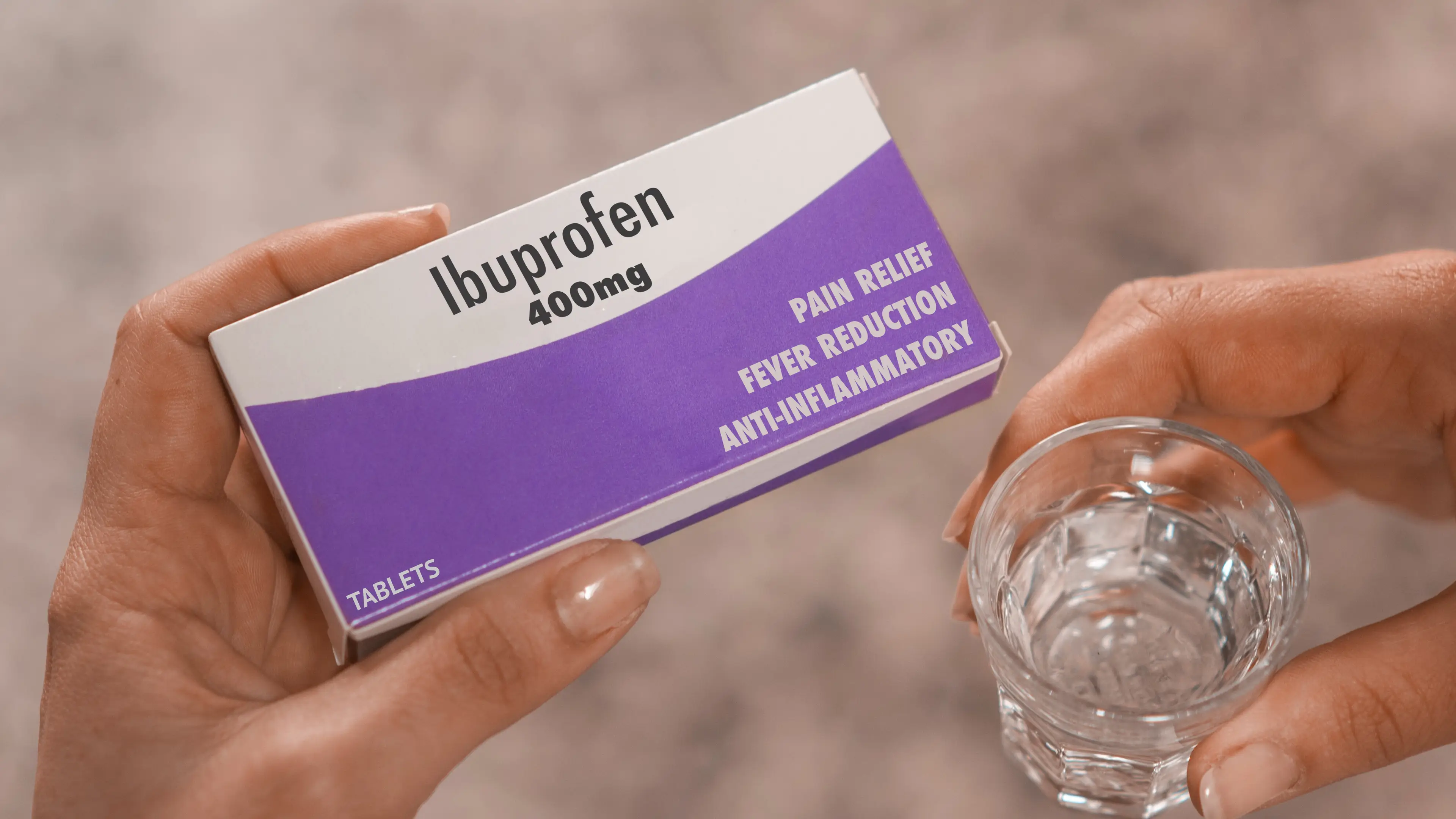With the season for spreading coughs and colds upon us once again, doctors are issuing warnings against mixing painkillers and anti-inflammatories with other forms of medication.
More specifically, many medics believe that the consumption of either paracetamol or ibuprofen alongside certain commonplace tablets could prove counterintuitive, or even dangerous.
Let's start with the former; for those in need of a reminder, paracetamol is a painkiller available to purchase over the counter.
Sometimes known by brand names like Disprol, Hedex, Medinol or Panadol, the drug is designed to treat everyday aches and pains. This includes discomforts like toothache, period pain, sore throat, painful joints, headaches, colds, viruses and a high temperature.
Paracetamol
Though generally considered safe for consumption - provided patients following the accompanying instructions - paracetamol does come hand-in-hand with a warning with regards to other medications.
Paracetamol is often used to combat coughs and colds (Getty Stock Image) So much so, that according to the NHS, the drug is 'not suitable' for everyone, and as such, it's recommended that anyone considering taking the drug to relieve discomfort discuss it with their GP first.
Apparently, regular consumers of blood clotting medications like warafin would be putting themselves at risk by taking paracetamol, for example.
But why? Well, health service experts say: "Paracetamol can increase the risk of bleeding if you take it [warfarin] regularly."
This isn't to say that the commonplace painkiller should be ruled out entirely, with NHS staff advising: "Take the lowest dose that controls your pain. Taking more than four 500mg tablets over 24 hours for longer than a few days may make your blood clot more slowly.
Paracetamol shouldn't be taking with medication for blood clots, amongst others (Getty Stock Image) "This puts you at risk of bleeding."
Taking paracetamol alongside other painkilling drugs - such as co-codamol, and cold and flu remedies - is also said to pose a risk. This is because these drugs already contain paracetamol themselves, and as such, there's a risk of causing overdose.
Instead, it's recommended that patients take paracetamol alongside the likes of ibuprofen, aspirin and codeine if they're hoping to see to a certain pain.
Ibuprofen
Speaking of ibuprofen, like paracetamol, this pain-killing anti-inflammatory is also aimed at reducing pain, focusing more on reducing swellings and easing general discomfort.
As well as tackling the same general aches and pains as paracetamol, ibuprofen also deals with sprains and strains caused by injuries, as well as pain caused by arthritis.
That said, however, according to NHS staff, this drug 'does not mix well' with a number of other medications - more specifically, other nonsteroidal anti-inflammatory drugs (NSAIDs). This include the likes of aspirin, diclofenac, celecoxib and naproxen.
Apparently, combining any one of these drugs with ibuprofen could cause an increase in the risk of stomach bleeding or kidney complications.
But again, why?
Ibuprofen is a pain-killing anti-inflammatory (Getty Stock Image) "NSAIDs are also used in medicines you can buy from pharmacies, such as cough and cold remedies," representatives of the health service explain. "Before taking any other medicines, check the label to see if they contain aspirin, ibuprofen or other NSAIDs."
Doctors also say these gory side effects are possible in cases where ibuprofen is mixed with blood clotting remedies, drugs for high blood pressure, and steroid medications (like betamethasone, dexamethasone, hydrocortisone or prednisolone).
Such is also said to be the case when mixing ibuprofen with antibiotics such as ciprofloxacin, levofloxacin, moxifloxacin, norfloxacin or ofloxacin, as well as antidepressants including citalopram, fluoxetine, fluvoxamine, venlafaxine, paroxetine or sertraline.
Diabetes medications, like gliclazide, glimepiride, glipizide or tolbutamide, are also said to pose the same risk of bleeding.

 Rhianna Benson
Rhianna Benson

